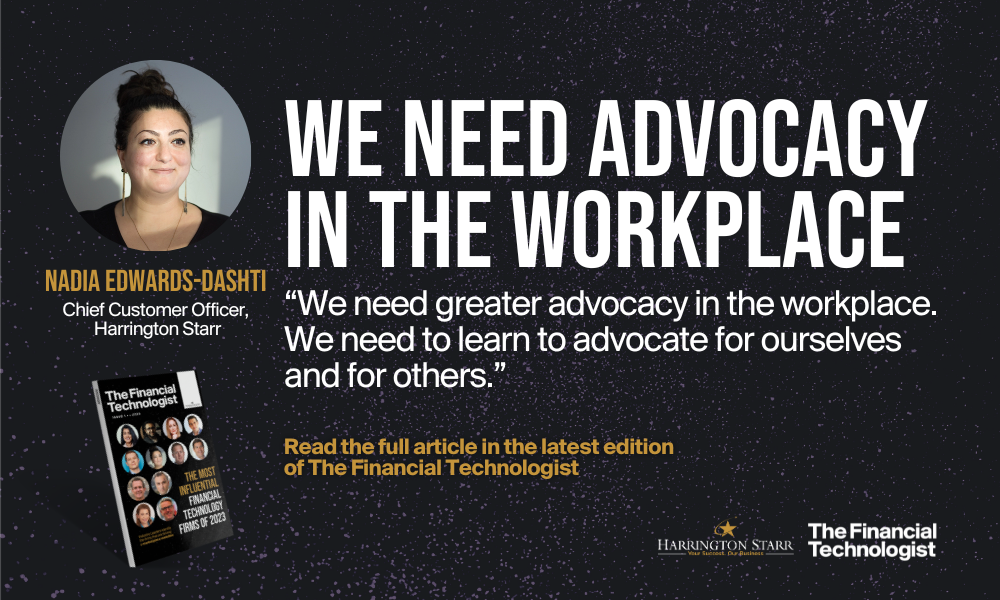
We need greater advocacy in the workplace. We need to learn to advocate for ourselves and for others. We must acknowledge that advocating for yourself in the workplace isn’t only self-promotion but necessary in raising awareness of your own capabilities- and therefore other people’s perception of you.
Back in late 2021, Catherine Mann of the Bank of England was quoted on many media channels to have said that women who choose to work from home were putting themselves at a disadvantage in the workplace.
What annoyed me about the statement was the sensationalist, but not unusual, press coverage that took no responsibility or care to address the real facts behind that statement, or what we should be doing about it. Catherine had said that to progress in the workplace you need to be seen, to be heard, recognised and given the just credit you’re entitled to in the office. The media reports failed us. The media reports suggested women made a “choice” to work from home and subsequently hold themselves back.
The Pandemic revealed to us that it is in fact women who take on the brunt of the workload at home, be that parenting or caregiving- and hence for many, working from home is a need. The onus needs to be put on managers to upskill themselves and fairly recognise the work they do, no matter where that work is done. The press’ reaction to Catherine’s statement also dampened efforts to attract more women to the financial sector. It is an industry in need of greater diversity to address the imbalances that will hinder innovation and growth. Whilst we can’t quantify the damage of this media aggrandisement, I can confidently say it hasn’t contributed to making this sector a better place.
But rather than moaning, I wanted to walk the talk and begin a series dedicated to addressing misrepresentation: The Advocate Series.
This series is for all people and all genders. It will feature examples of how you can advocate for yourself and how you can advocate for others in your workplace. The messages come from a select group of industry experts who I believe are truly committed to inclusion, regardless of race, ethnicity, age, gender, neurodiversity, and social standing. This series will begin with the tri-factor of recognition, money and promotion. In all my work, and across my conversations with people who have been unfairly overlooked, these are the three areas I hear about most. The financial technology industry is working incredibly hard to embed greater inclusion- but often the efforts are misplaced. We have a long way to go but I’m beginning The Advocate Series to catalyse this journey. The Advocate Series will walk the talk through evidence, examples and case studies so we can all do better.
By Nadia Edwards-Dashti, Chief Customer Officer at Harrington Starr. Article from Harrington Starr's The Financial Technologist Magazine, The Most Influential Financial Technology Firms of 2023.
Read more articles like this in The Financial Technologist Magazine. Download your free copy here.






